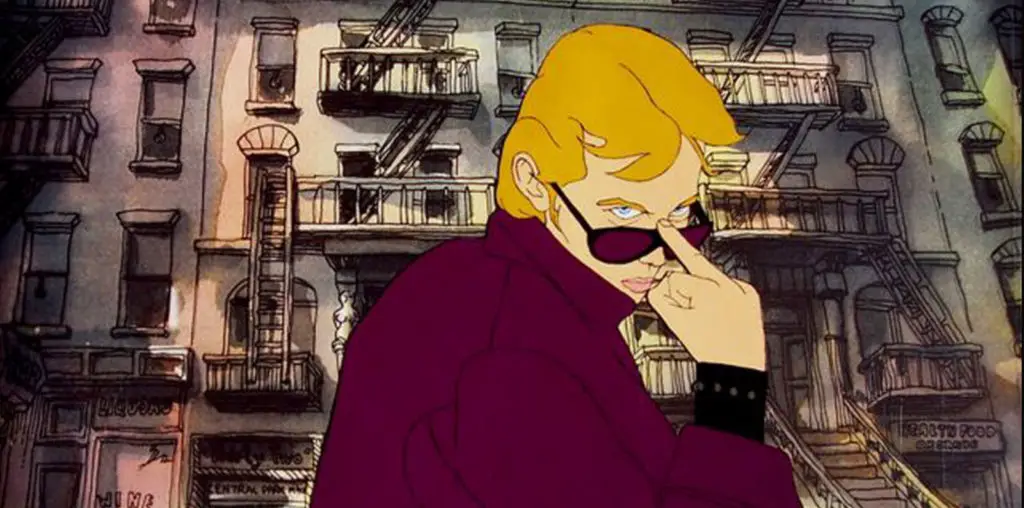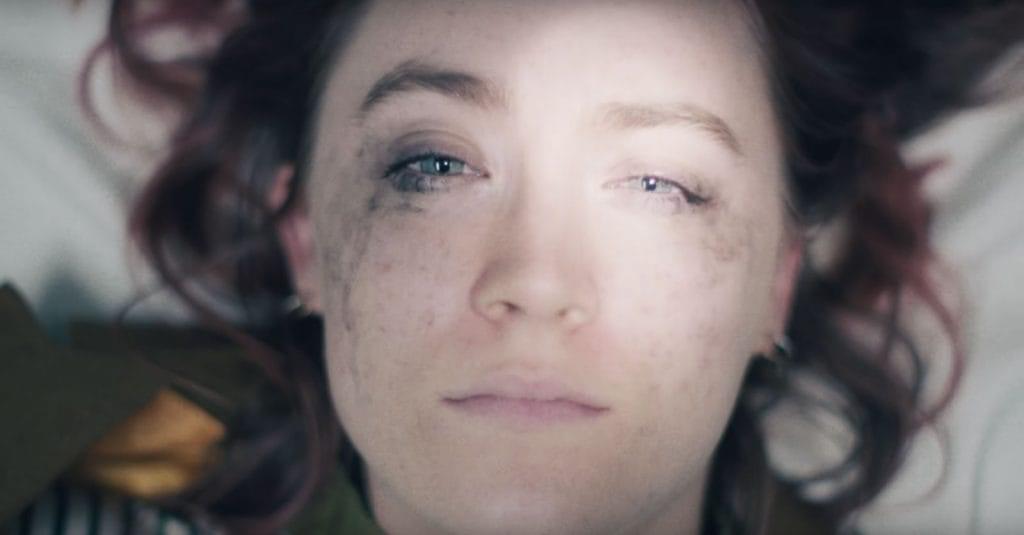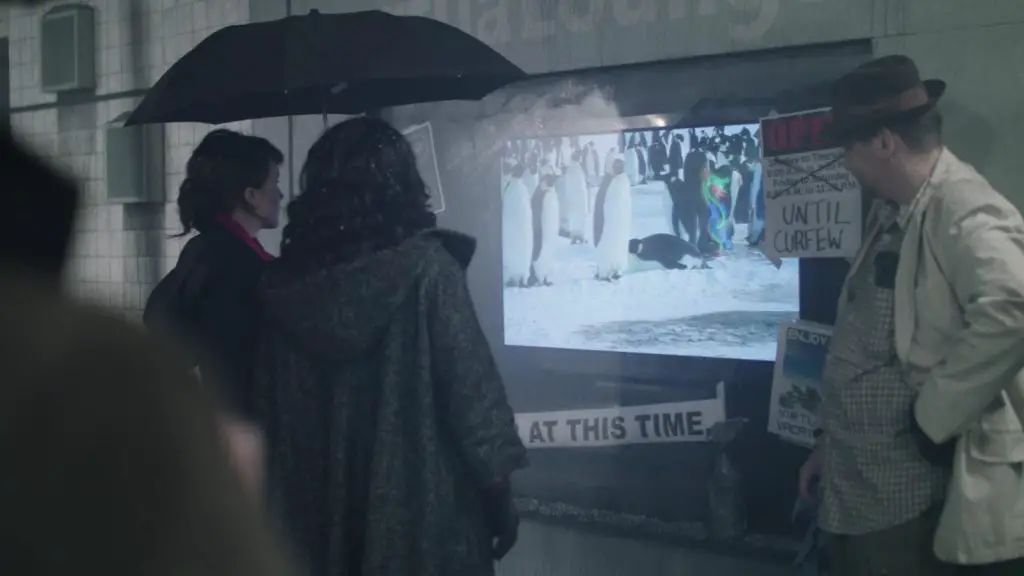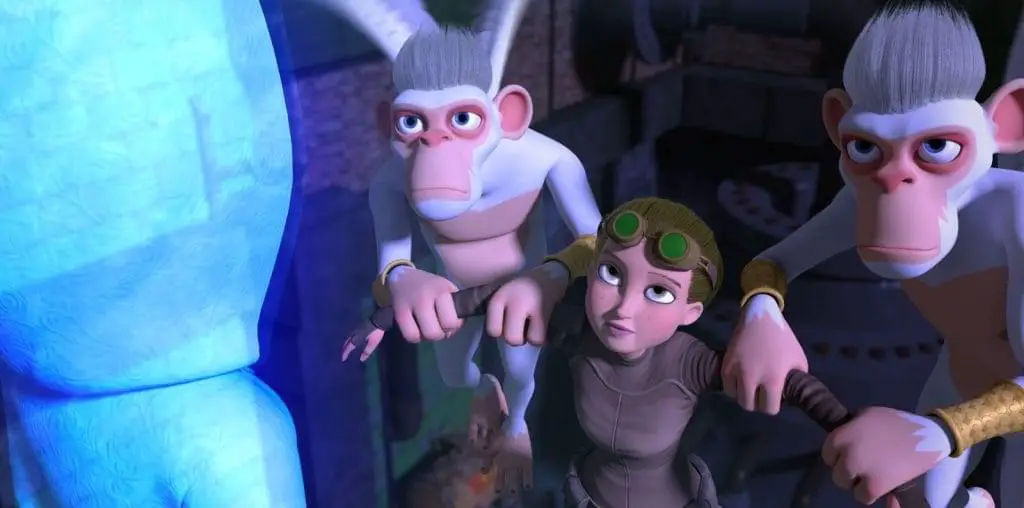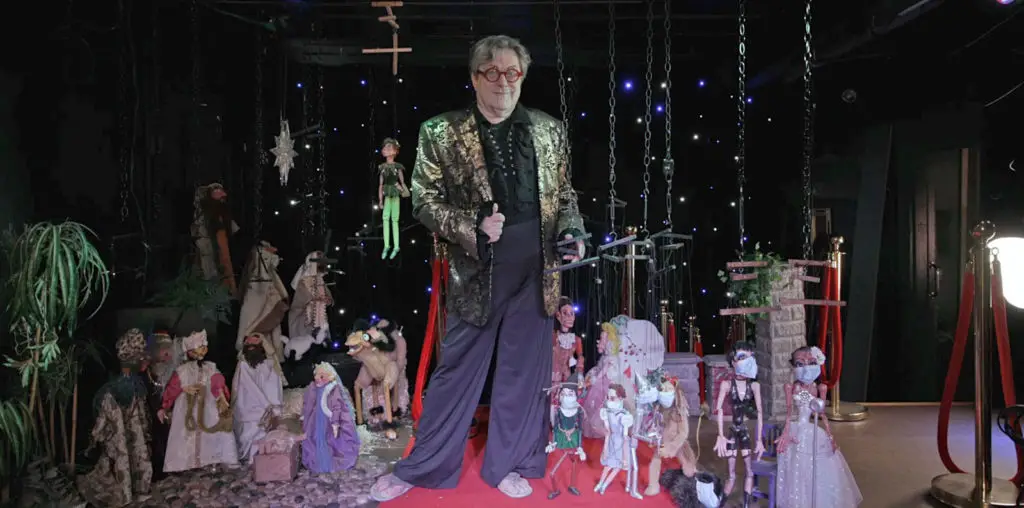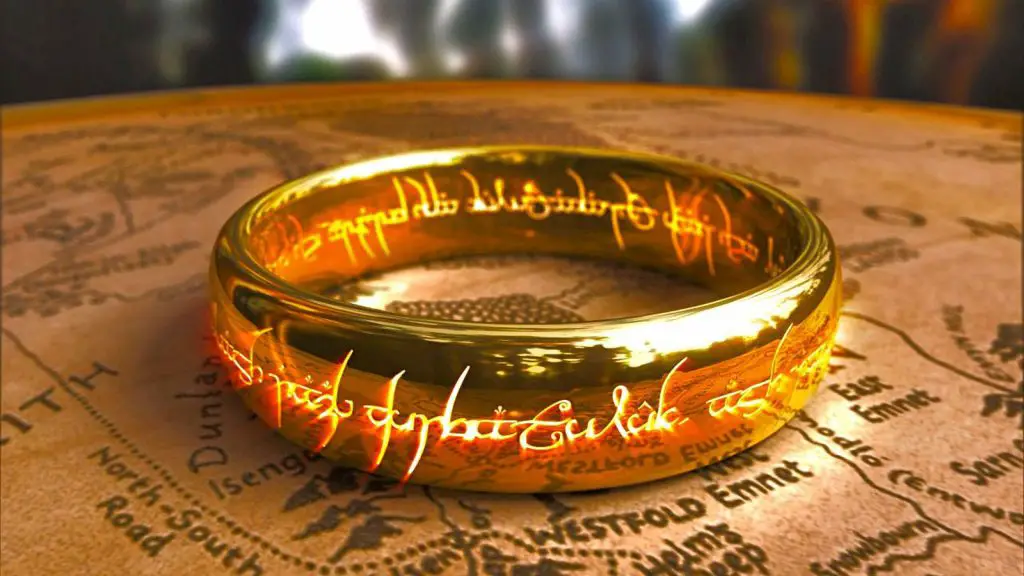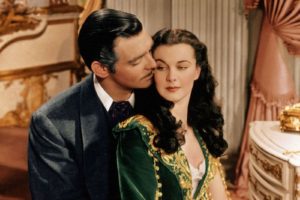
Many of the movies that we think of as cult classics today didn’t necessarily start out as blockbusters or immediate successes. Early release flops can be attributed to many unpredictable reasons, such as lousy release dates, or a film with a much larger marketing budget being released at the same time. Sometimes coincidence is the only thing that separates a true success from being a total fiasco, however, there are some classic films that are a must-see, as they will never be outdated.
The Wizard of Oz (1939)
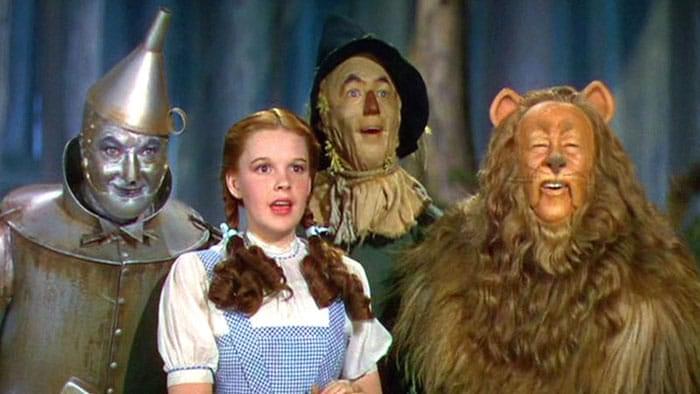
This film was directed by four of the best Hollywood directors of their time: Victor Fleming, Mervyn LeRoy, Richard Thorpe, and King Vidor, and it didn´t start off as an immediate success. The cast of this film was led by a young Judy Garland, who conquered the audience with her innocence by playing Dorothy in this adaptation based on the children’s novel The Wonderful Wizard of Oz, by Lyman Frank Baum. The real excitement starts when Dorothy is dragged by a tornado in the state of Kansas to a fantasy land inhabited by good and bad witches, a talking scarecrow, a cowardly lion, a tin man, and other extraordinary beings. In order to get an idea of the relevance of The Wizard of Oz, it is worth mentioning that it is not only a masterpiece and one of the essential old or classic films, but it is also considered one of the key cultural works according to UNESCO.
Gone With The Wind (1939)
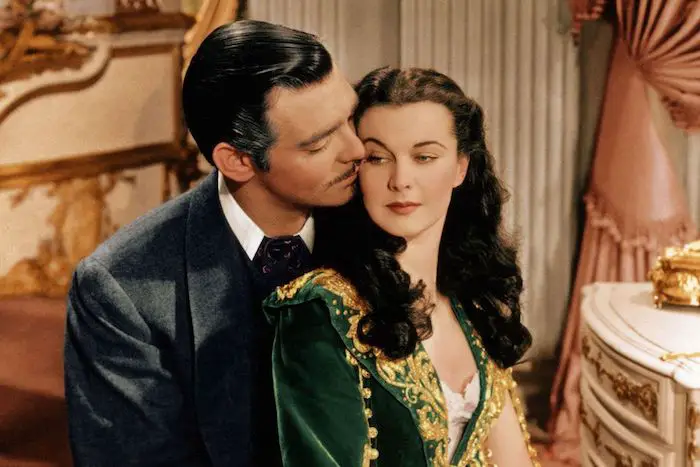
Gone with the Wind is a classic film based on the novel of the same name, written by Margaret Mitchell in 1936. It is set during the American Civil War and tells about the decline of the South before, during, and after the conflict with the North. The film focuses on the story of Scarlett O’Hara (Vivien Leigh), the determined daughter of a Georgia plantation owner, from her romantic pursuit of Ashley Wilkes (Leslie Howard), who was engaged to his cousin, Melanie Hamilton (Olivia de Havilland), to her marriage with Rhett Butler (Clark Gable). The film was immensely popular, becoming the most profitable film up to that point, holding that position for more than a quarter of a century. If you adjust its earnings according to inflation at the time, it’s still the biggest blockbuster in history.
Bob Le Flambeur (1956)
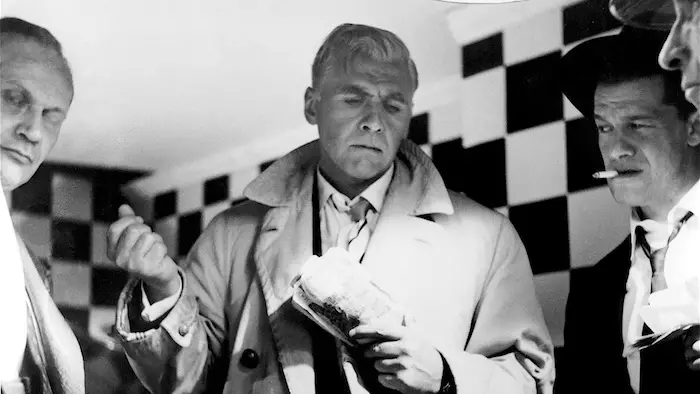
The plot centers on Bob (Roger Duchesne), a middle-aged man obsessed with gambling, until a bad streak leaves him bankrupt and then he decides to resume the path he had left many years ago, planning a casino robbery together with a group of friends. Everything seems to be perfectly planned, but the police are informed of the heist, and Bob is unaware of that. In these casino robbery films, spectators have the opportunity to enjoy watching many games of chance, which nowadays you can also play online, for instance, at best casinos no deposit bonus websites where you have a chance to play and win some real money without actually having to deposit any of your own cash. In the online casino industries, these no deposit bonus offers are probably one the most popular.
Psycho (1960)
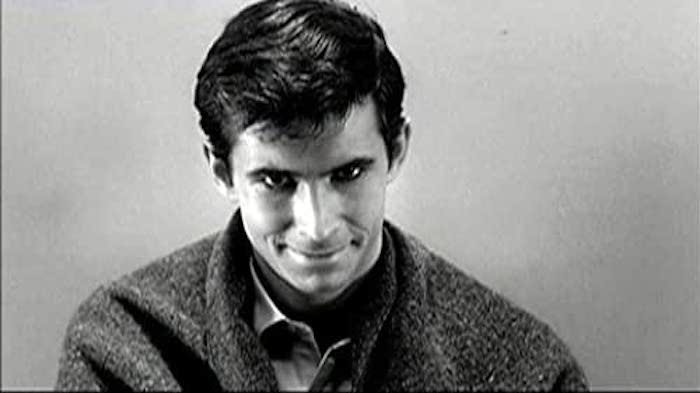
Considered today one of Hitchcock’s best films, and praised as a work of cinematic art by international critics, Psycho has also been hailed as one of the best films of all time. The film is based on the novel with the same name, written by Robert Bloch in 1959, which was inspired by the crimes of Ed Gein, a Wisconsin serial killer. One rainy night, a young woman named Marion Crane arrives at a motel, requesting a room under a false name after having stolen $40,000 from her boss. After enjoying dinner with Norman Bates (the owner of the motel), Marion decides to go to her room to take a shower and go to bed. When the young woman seems to be enjoying a pleasant shower, a shadow appears behind the curtain and suddenly a person with a knife takes her life. The film established a new level of acceptability of violence, perverted behavior, and sexuality in movies, and is considered the earliest example of the so-called slasher genre.
If you haven´t seen any of these films, now it´s a good time to start and watch the original version, although there are plenty of remakes.
